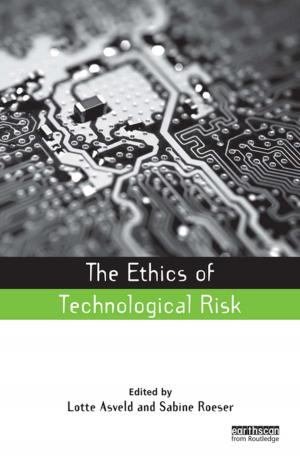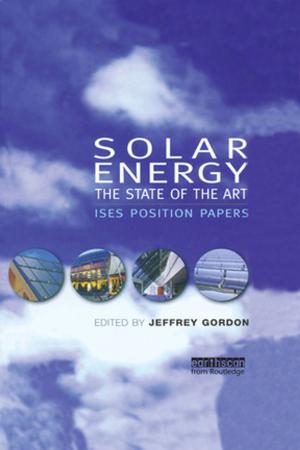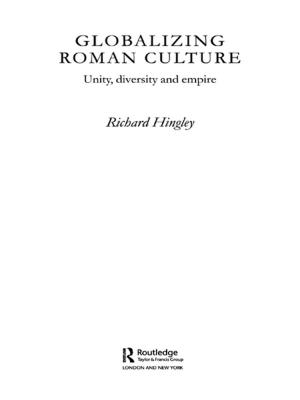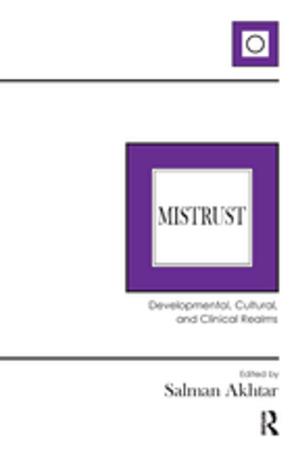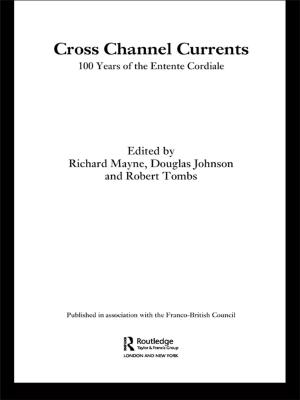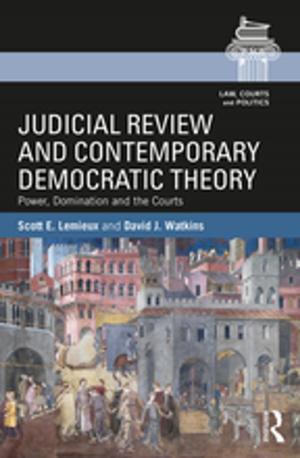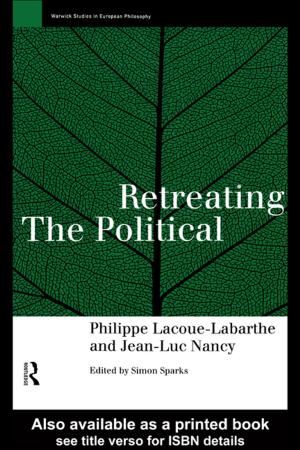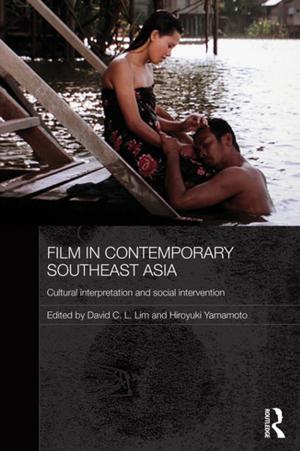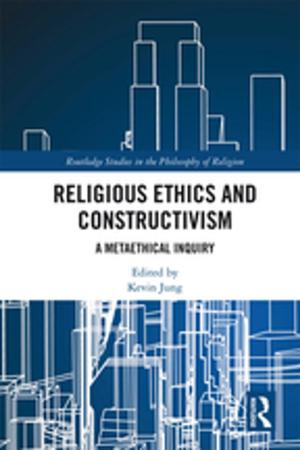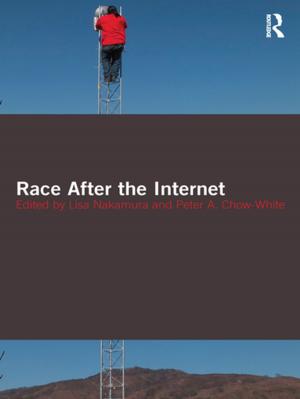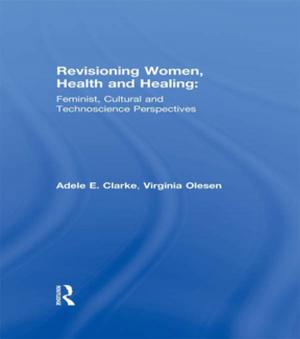Mobility, Migration and the Chinese Scientific Research System
Nonfiction, Science & Nature, Science, Other Sciences, Methodology, Social & Cultural Studies, Social Science, Cultural Studies, Ethnic Studies| Author: | Koen Jonkers | ISBN: | 9781136994173 |
| Publisher: | Taylor and Francis | Publication: | April 7, 2010 |
| Imprint: | Routledge | Language: | English |
| Author: | Koen Jonkers |
| ISBN: | 9781136994173 |
| Publisher: | Taylor and Francis |
| Publication: | April 7, 2010 |
| Imprint: | Routledge |
| Language: | English |
China’s rise is having a large impact on the global science system. The internalisation of this system in the past two decades would not have been possible without the outbound and especially the return flows of overseas Chinese scientists. This book explores their impact combining macro-level institutional and statistical analysis with an account of how the research culture has changed at the operational level. The theoretical framework used departs from the human capital approach, by building on literature from migration studies and evolutionary theories of the science system. It presents the results of an innovative mix of quantitative and qualitative methodological approaches. Overseas Chinese scientists and returnees are shown to have played an important role in shaping the internal development of the Chinese research system, as well as its relationship with research systems in Western Europe and North America. Now that the situation is improving, return has become an increasingly interesting option for expatriate researchers. This development may result in a virtuous cycle.
Based on extensive and original empirical research Mobility, Migration and the Chinese Scientific Research System will be of interest to scholars and postgraduate students of research systems in general and the Chinese research and innovation system in particular.
China’s rise is having a large impact on the global science system. The internalisation of this system in the past two decades would not have been possible without the outbound and especially the return flows of overseas Chinese scientists. This book explores their impact combining macro-level institutional and statistical analysis with an account of how the research culture has changed at the operational level. The theoretical framework used departs from the human capital approach, by building on literature from migration studies and evolutionary theories of the science system. It presents the results of an innovative mix of quantitative and qualitative methodological approaches. Overseas Chinese scientists and returnees are shown to have played an important role in shaping the internal development of the Chinese research system, as well as its relationship with research systems in Western Europe and North America. Now that the situation is improving, return has become an increasingly interesting option for expatriate researchers. This development may result in a virtuous cycle.
Based on extensive and original empirical research Mobility, Migration and the Chinese Scientific Research System will be of interest to scholars and postgraduate students of research systems in general and the Chinese research and innovation system in particular.

